AI Research for Health News Feed
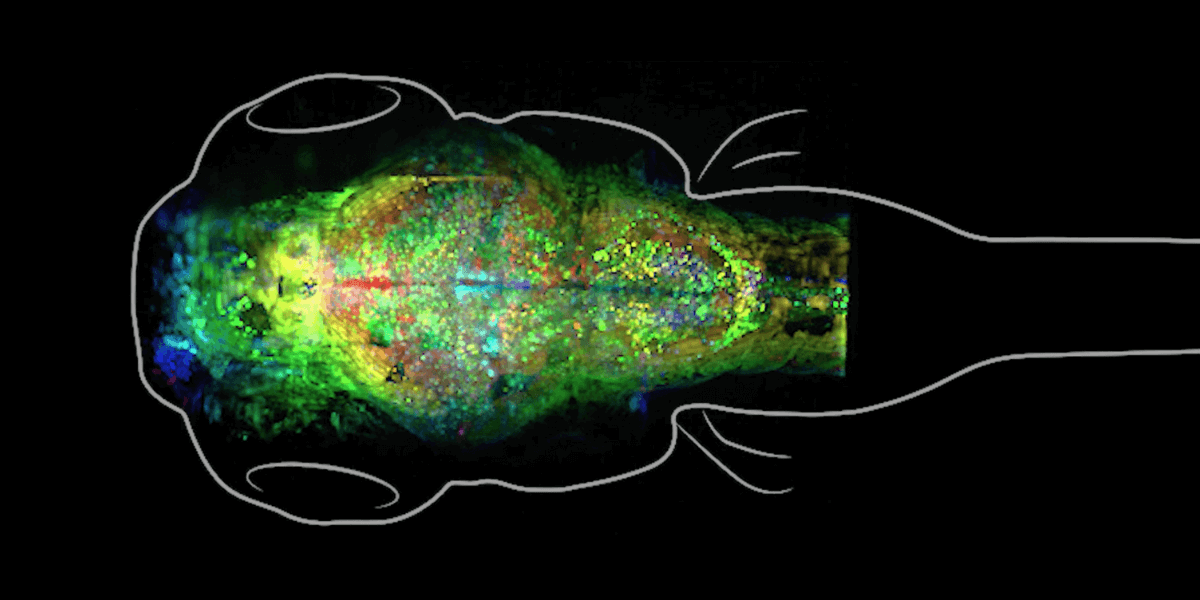
USC Team Shows How Memories Are Stored in The Brain, With Potential Impact on Conditions Like PTSD
Fish that glow; a tailor-made microscope; a new way to catalog science. After six years, researchers produce the first snapshots of memory in a living animal.
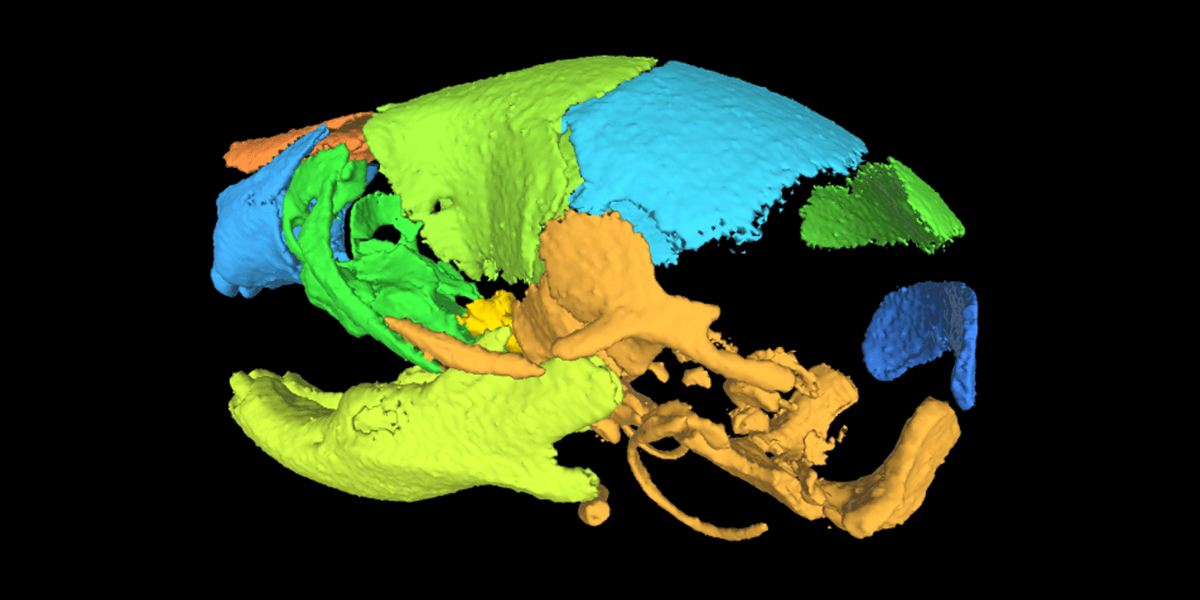
USC Collaboration Helps FaceBase Reach 1,000-Dataset Milestone
The data repository allows craniofacial scientists to share data, which could ultimately lead to improved care for patients with craniofacial developmental disorders.
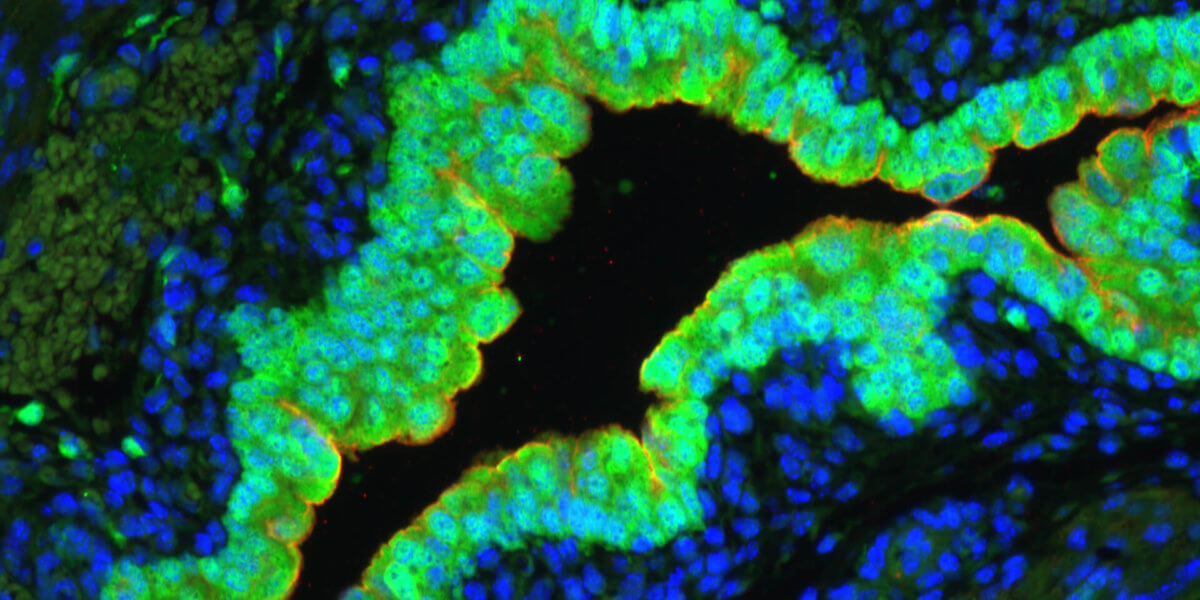
A Researcher’s Best Friend: USC Helps Provide A Wealth of Data, Insights in the Fight Against Urinary, Reproductive Diseases
Under the coordination of USC ISI, GUDMAP supports research organizations from around the world working together to investigate and understand the genitourinary tract

Computer Vision Predicts Congenital Adrenal Hyperplasia
New Tool Offers Means to Phenotype Patients
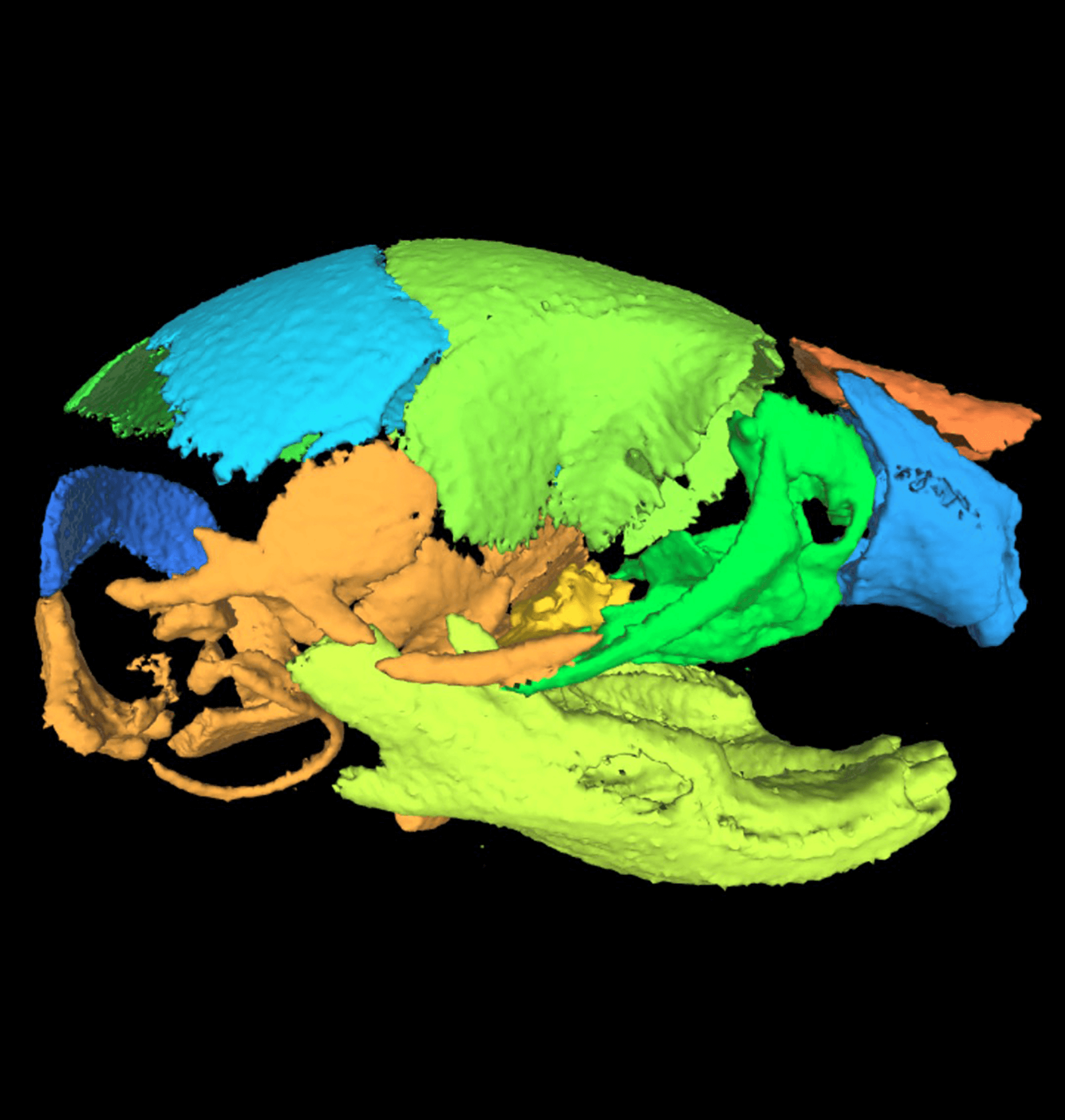
USC-led Research Team Shares 10 Years’ Progress in Collecting Data to Push Craniofacial Science Forward
The Facebase research team, which includes ISI’s Carl Kesselman, shares some of its decade’s worth of datasets and invites new contributors to participate.

USC ISI and CHLA Researchers Make Breakthrough in Understanding Rare Genetic Disorder
Artificial intelligence was used to make an important discovery about Congenital Adrenal Hyperplasia (CAH), a genetic condition that affects hormone levels in the body.
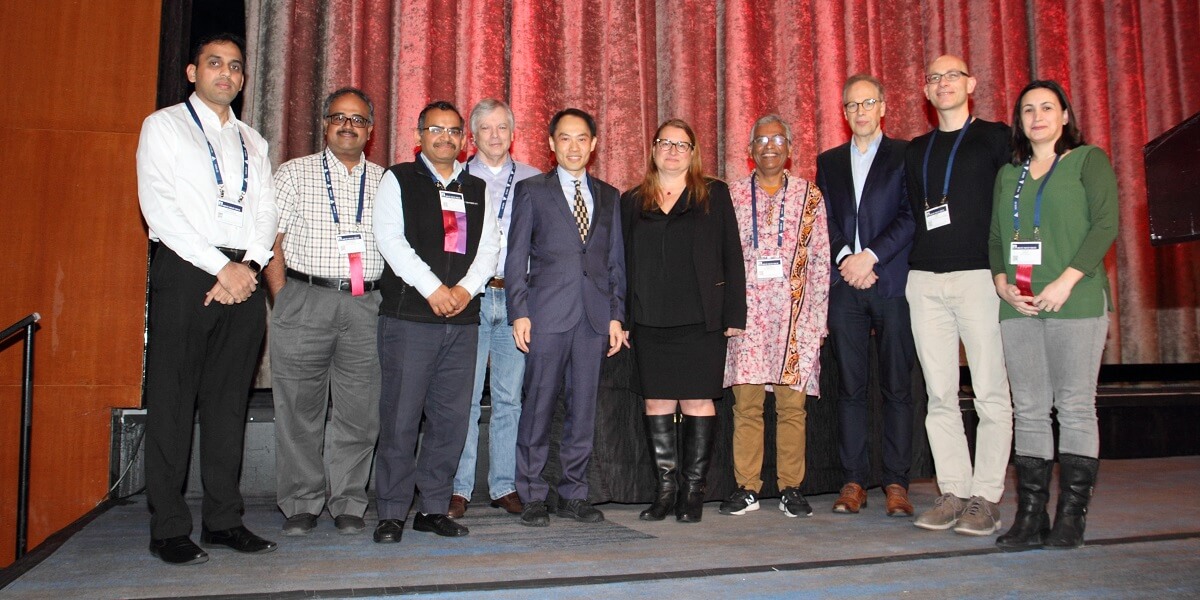
USC ISI Senior Director Honored with AAAI Senior Member Status
Yigal Arens is recognized for his significant contributions to AI research and leadership at the USC Information Sciences Institute.

USC Researchers Release Public Coronavirus Twitter Set for Academics
Dataset to track public sentiment and help researchers understand the social dimensions of the pandemic
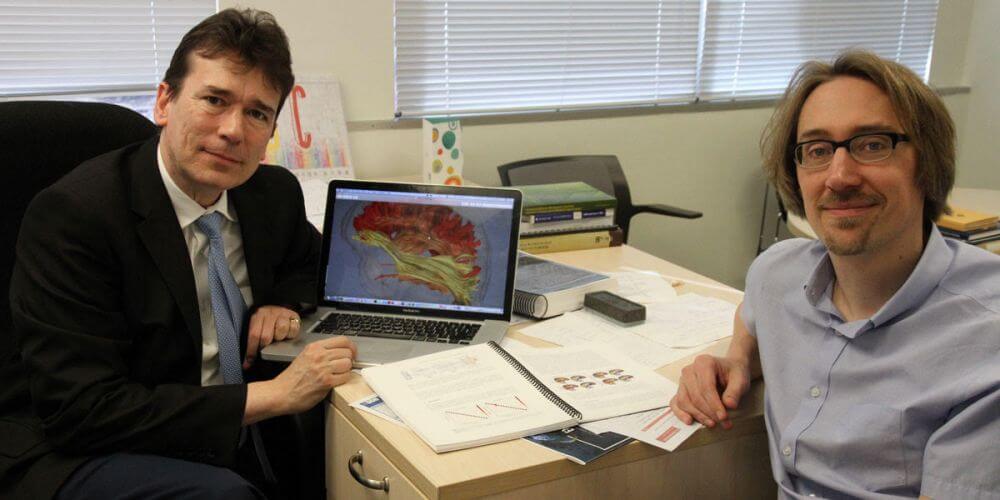
USC Researchers Use AI to Detect Early Signs of Alzheimer’s
USC researchers found “hidden factors” in medical data that could improve Alzheimer’s disease prediction and lead to better outcomes.
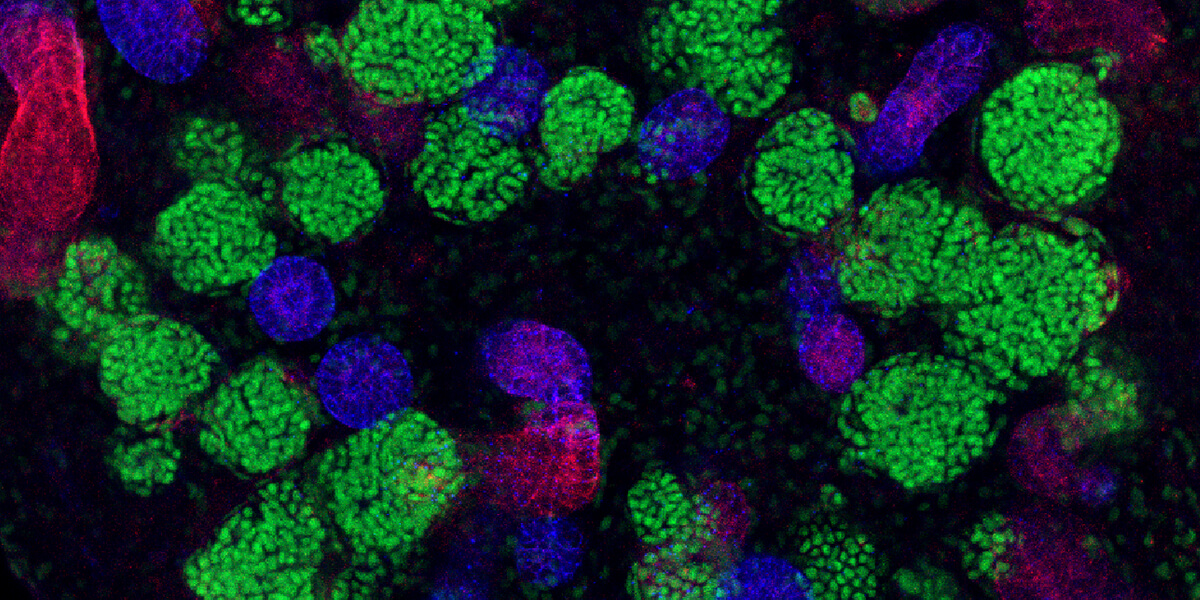
New Insights Into Human Kidney Formation Made Possible with Innovative Platform Developed at ISI
USC stem cell scientists used a new “ecosystem of tools” designed by ISI researchers to analyze massive amounts of data to document the similarities and differences between kidney development in humans and mice
